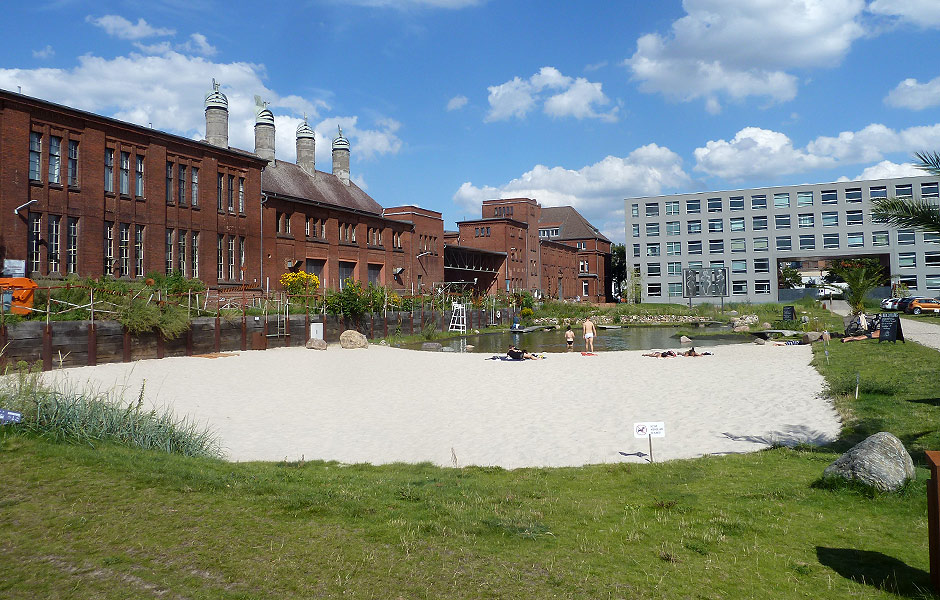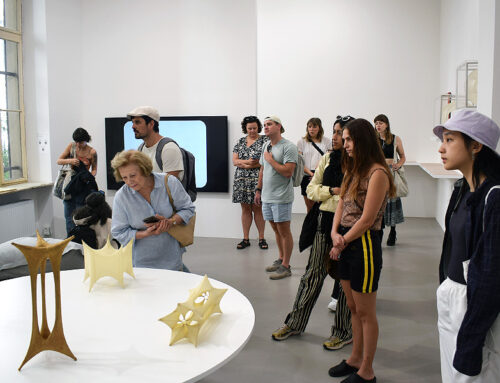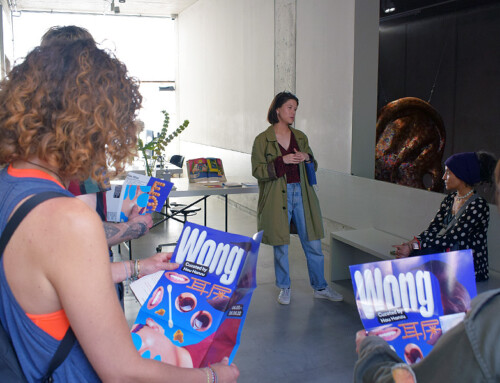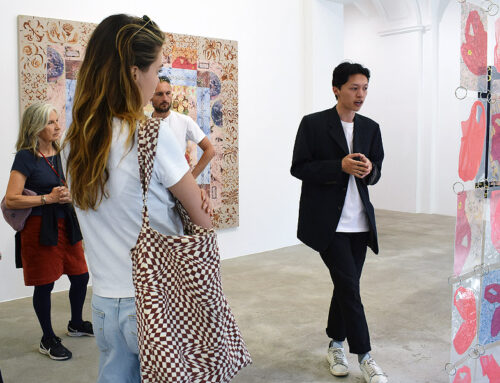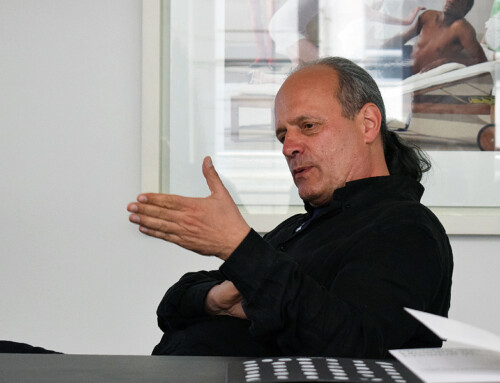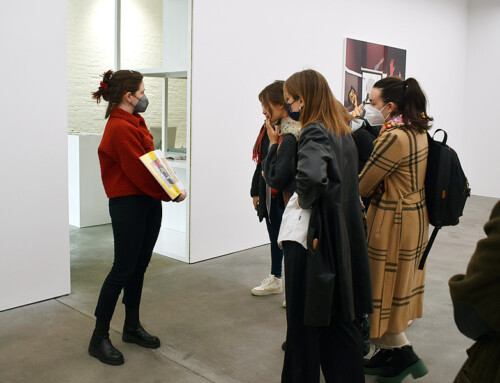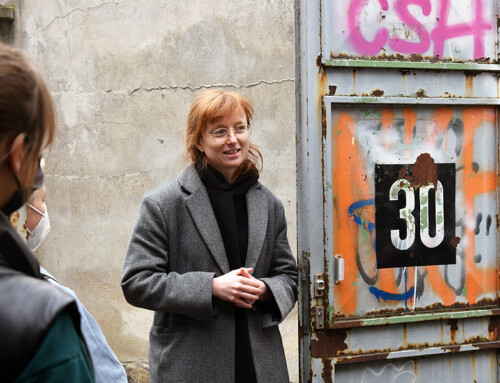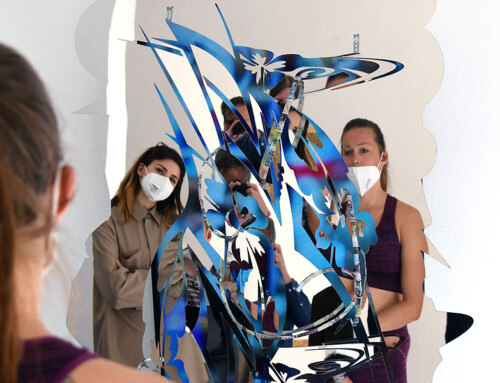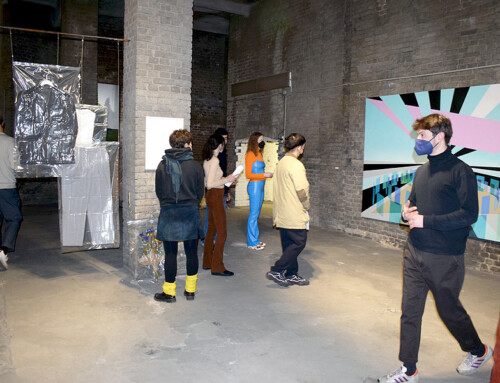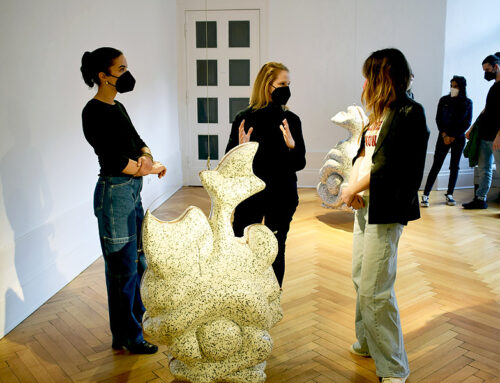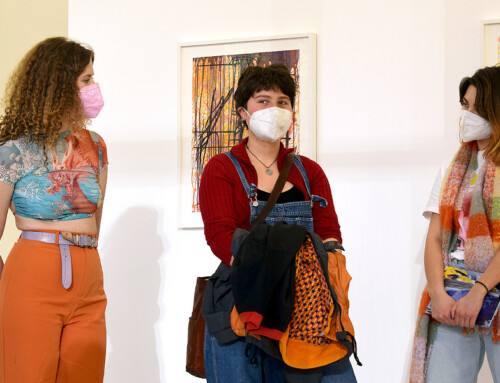August 09, 2017, 2 PM
Many thanks to the project manager Naomi Hennig introducing our participants to the program of DISTRICT Berlin and guiding us through the exhibition CLASS LANGUAGES. Exhibition. Debate. Magazine initiated by Manuela Ammer, Eva Birkenstock, Jenny Nachtigall, Kerstin Stakemeier and Stephanie Weber.
Exhibition Dates: July 20 – September 17, 2017
Location: DISTRICT Berlin
Opening Hours: Wednesday – Saturday, 2 – 6 PM
Address: Bessemerstraße 2-14, 12103 Berlin
Participants: Kai Althoff/Isa Genzken, Gerry Bibby, Cana Bilir-Meier, Sean Bonney, Hans-Christian Dany, Övül Ö. Durmuşoğlu, Michaela Eichwald, Frank Engster, Fehras Publishing Practices, keyon gaskin, Sarah M. Harrison, Ann Hirsch, HATE MAGAZIN, Karl Holmqvist, Infofiction, Stephan Janitzky, Jutta Koether, Justin Lieberman, Hanne Lippard, Thomas Locher, Sidsel Meineche Hansen, Karolin Meunier, Rachel O’Reilly, Phase 2, Johannes Paul Raether, Monika Rinck, Aykan Safoğlu, Juliana Spahr, spot the silence, Starship, Josef Strau, Marlene Streeruwitz, Hans Stützer, Linda Stupart, Ryan Trecartin, Peter Wächtler, Ian White, Tanja Widmann, Frank B. Wilderson III, Susanne M. Winterling, Alenka Zupančič and others.
“As a ‘struggle of form’, C. is not only concerned with political forms (…). The struggles of form are struggles of meaning; they imbue culture and language with active resistance. (…) “The sign becomes the arena of C.”
In dictionary entries, their initials represent terms after their first mention. Class, class struggle, class contradiction, as well as crisis, catastrophe, and colonialism turn into C. Our C. stands for Class Languages – and thus for a terrain of antagonisms in which past political orthodoxies encounter the social brutalities of the present.
In this present, questions of the translation, articulation and (bodily) inscription of these divergences have become part of an all-encompassing process, whose transformations and intensifications we want to foreground with CLASS LANGUAGES: artistically, curatorially, within writing and in debates. We are not interested in presenting art as a stand-in for politics, but rather want to investigate the signatures, markers and forms of the deeply antagonistic relations, of which it is a material part: What we are concerned with, in other words, is art as a class language as much as class languages within art.” (Text excerpt from the press release by courtesy of DISTRICT Berlin)
More information on the DISTRICT Berlin and KLASSENSPRACHEN Websites.





